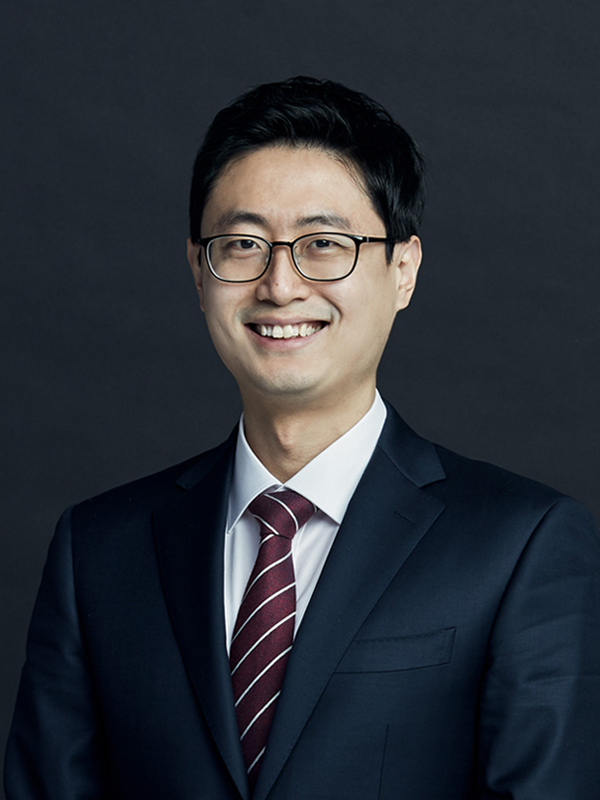[Case No. Seoul High Court 2019nu38900 decided on January 17, 2020]
As a salesperson of a pharmaceutical company, the deceased had dinner at a Japanese restaurant with two nurses at the hospital he was in charge of, and while waiting for a replacement driver to go back home, he rolled down the stairs of the karaoke entrance to the basement. He was later taken to the hospital, but eventually died of traumatic subdural hemorrhage. The plaintiff, the spouse of the deceased, requested the defendant to pay the survivor’s benefits and funeral expenses on the premise that the accident was an “accident on duty.” But the defendant decided not to pay the survivor’s benefits and funeral expenses on the grounds that it did not constitute an accident on duty.
The Seoul High Court affirmed again on the existing legal principle that in a situation where an employee suffered an accident while participating in a meeting or an event outside of a workplace which may not be considered part of the employee’s job duty, the accident could still be recognized as “accident on duty” if the employee died at the meeting or event which the employer is deemed to have controlled and managed, and that there was a reasonable causal relationship between the employee’s job, overdrinking, and the accident, in view of such circumstances as the host of the dinner, its purpose, contents, participants and whether it was mandatory, etc.
The court then decided that the dinner meeting the deceased attended was “an event controlled and managed by the business owner” under the Industrial Accident Compensation Insurance Act Article 37(1)-1(e) (before amended by act no. 14933 on October 24, 2017), considering following factors:
① The deceased had to “entertain” nurses working in the medical counseling department, to deal with the request from his boss to make a medical appointment. The deceased actually asked business requests to one of the nurses at the dinner meeting two to three times a week.
② The deceased proposed the dinner meeting first, but the dinner was arranged to ask for business requests and maintain good relationships.
③ The deceased did not report the dinner meeting beforehand, but it was written in the company’s guidebook that reporting before or after an event was often allowed for business convenience; thus it was understandable that the deceased intended to report the dinner meeting later.
④ It seemed that overdrinking of the deceased had some unavoidable business causes and it was not caused solely by his own will, considering that the nurses at the dinner meeting admitted that the dinner was for business purposes and the deceased took care for the participants until the end of the dinner.
Thus the Seoul High Court cancelled the defendant’s decision to not pay the survivor’s benefits and funeral expenses, on the grounds that there was a reasonable causal relationship between his work the death of the deceased due to the accident falling down the stairs shortly after dinner.
Jipyong News|Newsletter_Labor & Employment
[Recent Court Case 8] It is an “accident on duty” if a pharmaceutical salesperson died in an accident after having a dinner meeting with nurses at the hospital he was in charge of
2020.01.17
Newsletter_Labor & Employment
[Recent Court Case 5] In case employee showed for work on a designated day of leave and provided labor, the employer receiving the labor without particular objection shall be obliged to compensate for the unused annual leave regardless of whether the employer implemented the measures to urge employees to take annual paid leave
2020.02.27
Newsletter_Labor & Employment
[Recent Court Case 11] The agreement for service expenses between the water purifier company and maintenance engineers cannot be regarded as a comprehensive wage agreement, and the company must pay the engineers weekly holiday allowance, holiday work allowance, etc.
2020.02.19
